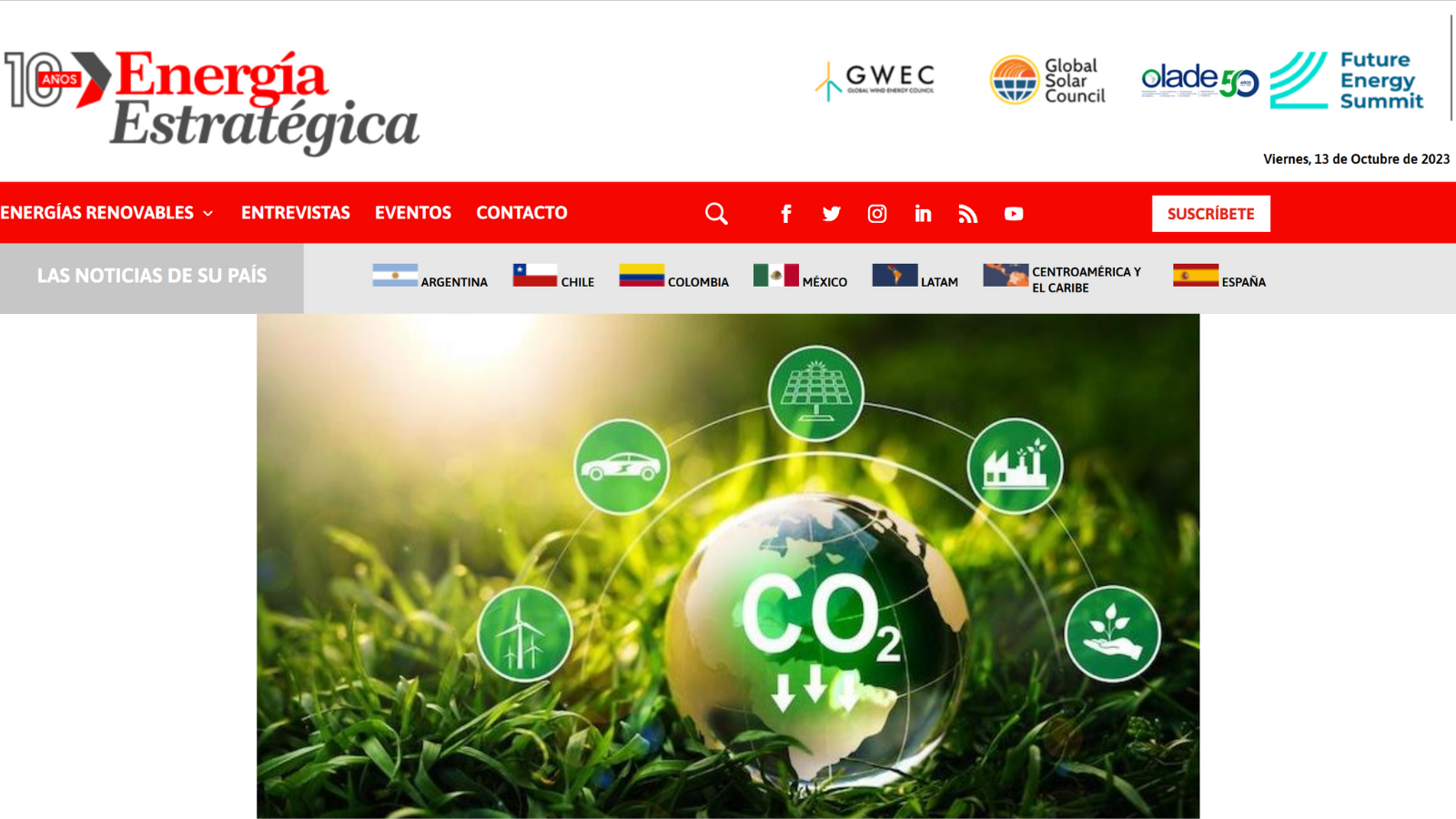Key factors of the CBAM, a tax that seeks to guarantee climate objectives

Energy marketer Regulus analyzes the effects of CBAM in Mexico
The energy marketer in the Wholesale Electricity Market, Regulus, analyzes the effects that the implementation of Carbon Border Adjustment Mechanism (CBAM), promoted by the European Union to help more countries meet their decarbonization goals.
Starting from October 1st of this year, the CBAM will enter into force. This initiative seeks to establish a price on the carbon emissions incorporated in imported products, in order to avoid an undue competitive advantage for products from countries with weaker environmental regulations.
Implications for Mexico
This mechanism could have important repercussions for Mexico as an exporting country, especially in carbon-intensive sectors such as steel, cement and petrochemicals. Mexican companies that export these products could face an increase in costs derivatives of carbon incorporated into their production processes.
In this context, Irene Trujano, Marketing Manager at Regulus, prepared a report detailing the main conditions and requirements of the tax.
“This tariff is conceived as a fiscal tool for environmental protection and public health. It has been applied in Europe for years and has been properly integrated into the production of goods, reducing its environmental impact. The lack of environmental regulation can lead a company to manufacture a polluting product without considering its impact, which in economics is known as externality”, explained the specialist.
Objectives of the CBAM
According to the report, the CBAM seeks address the risk of “carbon leakage”, which occurs when climate policies in one region are less strict compared to others, encouraging the relocation of polluting industries.
“The purpose of this carbon tax is to establish equitable conditions for both domestic and foreign industries, depending on their carbon footprint,” Trujano adds in the report.
The report also cites the international consultant on bioenergy and climate change, Jordi Joan Cañas, expert of the European program Low Carbon Business Action in Mexico, who comments:
“The purpose of green taxes is to force polluters to pay a fee, under the principle of 'polluter pays', so that the price reflects the cost of those externalities.”
Benefits and Challenges
In an interview with Strategic Energy, Trujano highlighted:
“The need to boost investment in clean technologies requires making the market for products with low carbon emissions more attractive. Although the tariff represents a stimulus for sectors such as renewable energy, energy efficiency and sustainable transport, it will undoubtedly take time for this instrument to be 100% effective and applicable in all countries.”
Key Factors of the CBAM
According to the specialist, the central elements of the mechanism are:
- Carbon pricing: A carbon tax is established on imported goods, calculated based on their carbon footprint.
- Equal conditions: It seeks to level the playing field between domestic and foreign industries, avoiding competitive disadvantages for those subject to stricter regulations.
- Incentive to reduce emissions: It encourages countries and companies to reduce their emissions to lower associated costs.
- Compliance with the WTO: The design of the CBAM must respect the rules of the World Trade Organization to avoid conflicts and not act as a disguised trade barrier.
Future Perspectives
It is expected that More Mexican companies adopt clean energy to maintain their competitiveness against industries in other countries. However, many experts they demand a clear and stable regulatory framework in the long term, which provides legal certainty and allows for sustainable investments.
Finally, it is important to note that the President of Mexico, Andrés Manuel López Obrador, and the President of the European Commission, Ursula von der Leyen, committed themselves to accelerate the free trade agreement between Mexico and the EU, with the objective of deepening political, commercial and cooperation partnership. This agreement is seen as “the light at the end of the tunnel” and fuels the expectations of the private sector in the country.


.jpg)



